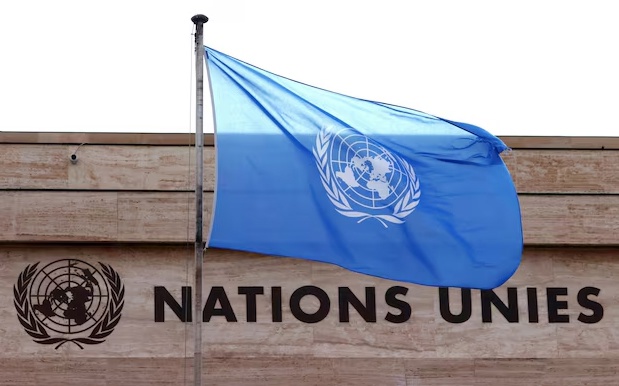United Nations members have rejected Saudi Arabia’s bid to join the organisation’s Human Rights Council amid opposition from activists who say the Gulf nation remains one of the worst human rights abusers in the world, Bloomberg reports.
The UN General Assembly on Wednesday elected 18 new members to the 47-nation council, which includes Switzerland, South Korea and Ethiopia. Seats are allocated according to regional groupings, and most countries ran unopposed. The exception was in what the UN calls the “Asia-Pacific region” – including Saudi Arabia, Thailand and Qatar – where six countries vied for five seats.
The Human Rights Council has a long history of including members with shameful pasts on the very issues it is meant to oversee. Last year, China and Cuba were re-elected to additional three-year terms. Venezuela and Russia recently joined the Council.
Despite its controversial composition, the Council has shed light on human rights violators in some countries. A fact-finding mission set up by the panel concluded that the Venezuelan government committed crimes against humanity against dissidents after July’s disputed elections. Experts appointed by the council also drew attention to the deteriorating human rights situation in countries such as Sudan and Haiti. Israel’s treatment of Palestinians has also been heavily criticised by the council over the years, prompting complaints from the US of bias against its ally.
Saudi Arabia’s reputation
The vote was a setback for Saudi Arabia’s de facto ruler, Crown Prince Mohammed bin Salman, and his grand plan to reorganise the kingdom’s economy and open up society. The country had previously failed to join the council in 2020.
While Saudi Arabia has modernised in recent years, with the government reducing the power of religious police, lifting the ban on women driving and encouraging women’s participation in the workforce, it continues to be criticised by human rights experts and governments.
Last year, a Human Rights Watch report found that Saudi authorities used explosives and weapons to kill hundreds of Ethiopian migrants and asylum seekers attempting to cross the Gulf state’s border. In addition, according to Amnesty International, the country continues to carry out executions every two days.
